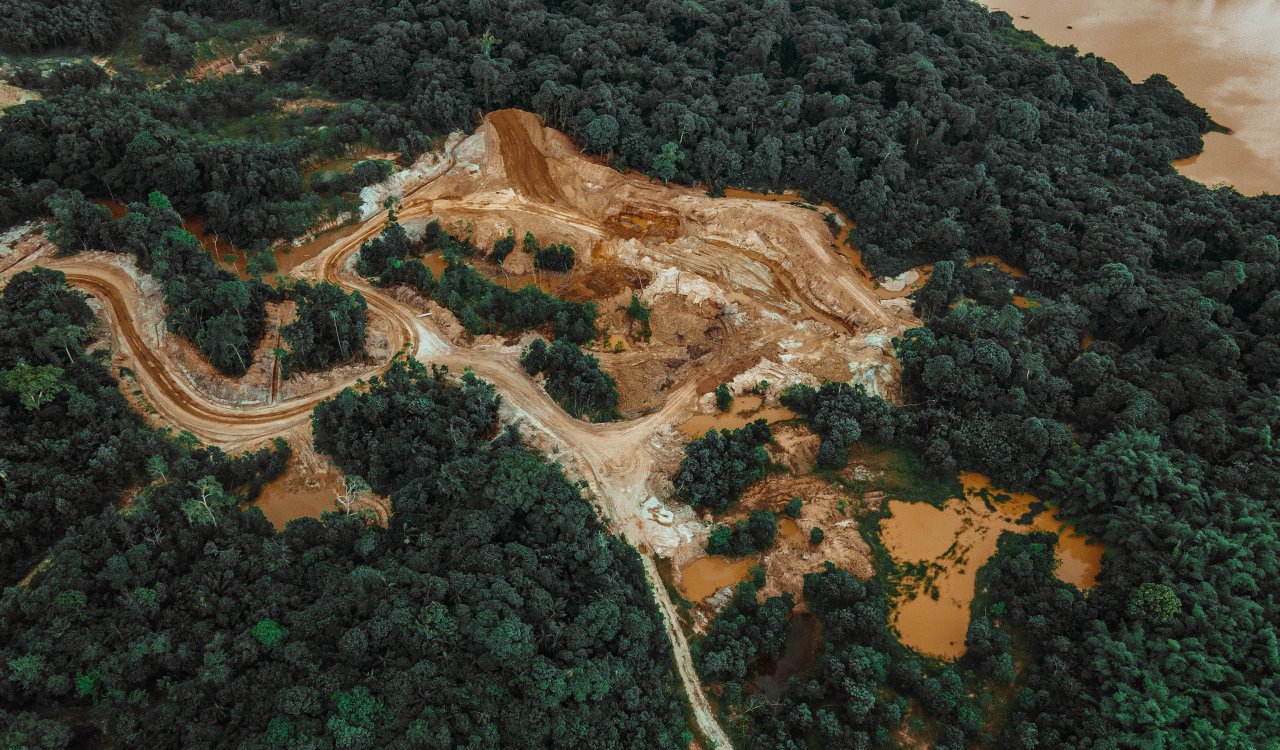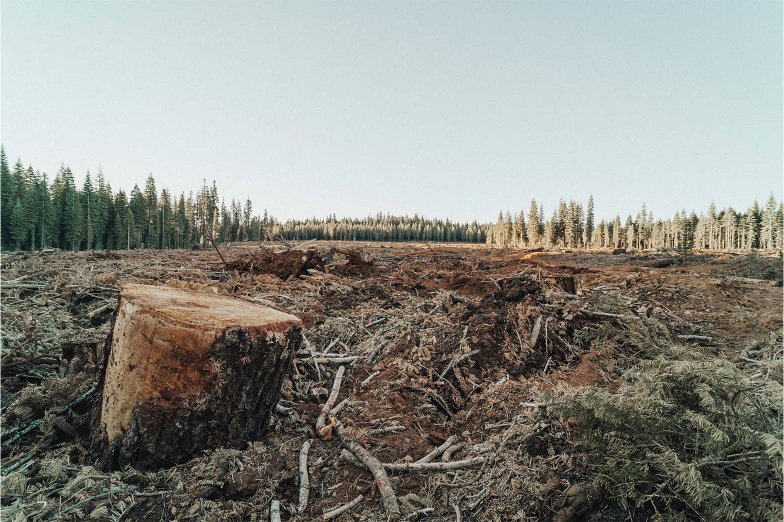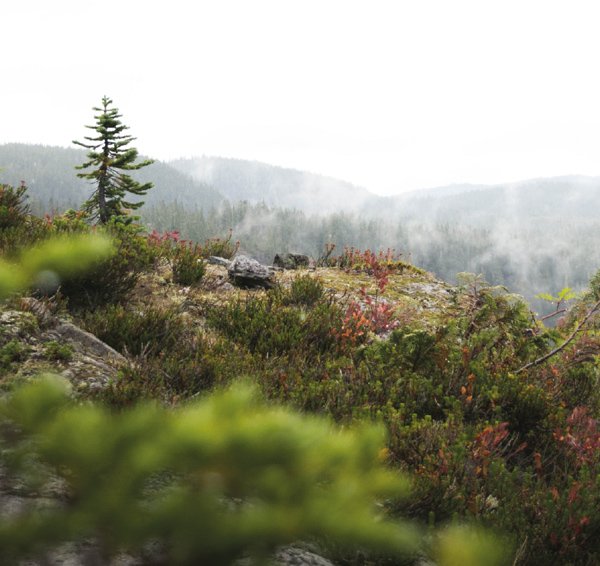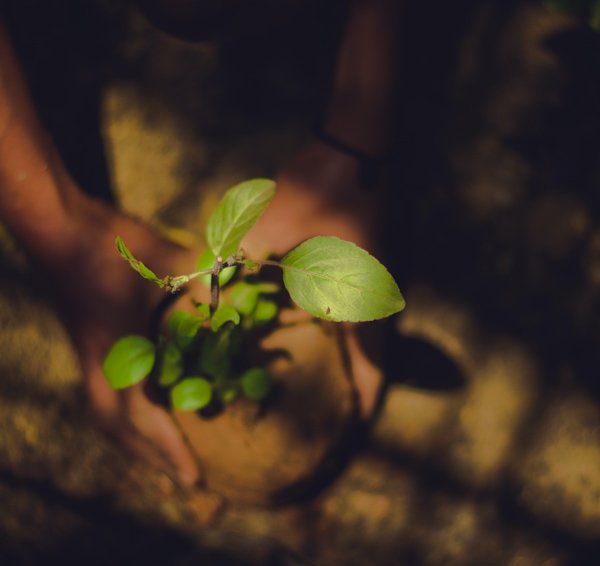
Why we need to end deforestation by 2030
and what you can do to helpThe first major agreement of the climate summit in Glasgow was reached at the beginning of this week. The Netherlands and a hundred other world leaders have promised to end and reverse deforestation by 2030. This effectively means that more trees will have to be planted rather than cut down from 2030. Although this is great news, it also raises some questions: why is this promise so important, what is being done to uphold it and what can you do yourself? We have combed through the proverbial forest of information and have listed the most important information for you.
How does deforestation affect the environment?
To understand why it is important to stop deforestation, it is important to look at how deforestation is affecting the environment.
- Preserving forests is important for biodiversity.
Everything is connected. The diversity of life on Earth and the interaction between the different species make life on this planet possible.
- The lungs of the earth.
Trees absorb an enormous amount of carbon dioxide and are therefore also called 'lungs of the earth'. When cutting and burning trees down, this carbon dioxide is released again. “10 percent of the total global greenhouse gas emissions are due to deforestation.” - Professor of European Forestry Gert-Jan Nabuurs explains to the NOS.
- After rain comes...
Deforestation means less rain in the Amazon. Dutch and Swedish researchers explained how this works in the journal Nature Communications. In short: As the name implies, it rains a lot in a tropical rainforest. Because of the evaporation of water in the foliage, rain falls elsewhere in the forest and the forest is self-sustaining. Similar to how such a self-sufficient ecosystem works that you may have in your living room. Dehydration is therefore also a direct effect from deforestation, which further jeopardizes reforestation. For example due to forest fires as a result of dehydration.

What needs to happen?
According to various sources, about 10 million hectares of forest are cleared every year. To meet the 2030 target and end deforestation, nearly 1 million hectares less will need to be cleared per year, according to a report by The New York Forest Declaration.
What is being done to fulfill the promise?
In order to fulfill this promise, 10.2 billion euros will be allocated until 2025. Part of the funding will go to developing countries to restore damaged land, fight forest fires and support indigenous communities. In addition, investments are also made in combating illegal logging, education and sustainable land usage.

Is the goal achievable?
Earlier, in 2014, a similar agreement was reached in New York. According to The New York Declaration on Forests, we are not on track to meet this previously set target, so drastic steps need to be taken. So how much is this new promise worth? The big difference now is the size of the funding and important and forested countries that support this objective, such as Brazil, Russia and China. The participating countries own 85% of the world's forests, which is about 34 million square kilometers.
Click here to view the full list of participating countries and agreements.
What is the role of the Netherlands?
The Netherlands is in the top 5 of European countries that cause deforestation. Tropical forests are cut down, the land is used for agriculture such as soy plantations. The soy is then exported to the Netherlands, for example for our animal feed. The WWF wants this to change and that, for example, forests should no longer be cut down to grow animal feed. They hope that there will be a new law in the European Union for this.

We are all in this together
Your power as a consumer is vital to stopping deforestation! Fortunately, there are also many alternatives and initiatives with which you can contribute to reducing deforestation. At Bambook we believe that every step counts!
- Reduce your paper waste
Despite the digital age, there is still a growing demand for paper. Worldwide, one in three felled trees is processed into pulp to eventually make paper. This must and can be done differently! For example, choose an erasable notebook that you can reuse. - Read carefully and make conscious choices
How do you make the right choice for yourself and for the planet? Take palm oil for example. Palm oil plantations are an important source of income in countries with a tropical climate. Palm oil has a very high yield per hectare. At the same time, the demand for palm oil is growing so fast (for biofuels, animal feed, cosmetics and cleaning products) that tropical rainforests are rapidly being deforested to make way for plantations. Milieucentraal explains what consideration you can make in this regard. The choice to eat less meat also has an effect on deforestation. How? The cleared forests often make way for soy plantations and soy is often used as animal feed. - Set a good example and inspire others
By making your voice heard and taking steps yourself, you can inspire others to follow your example. You can do this, for example, by joining the climate march on 6 November in Amsterdam or by participating in one of the other initiatives of the Climate Week.
Want to know more about sustainability?
Maybe you find this interesting.















